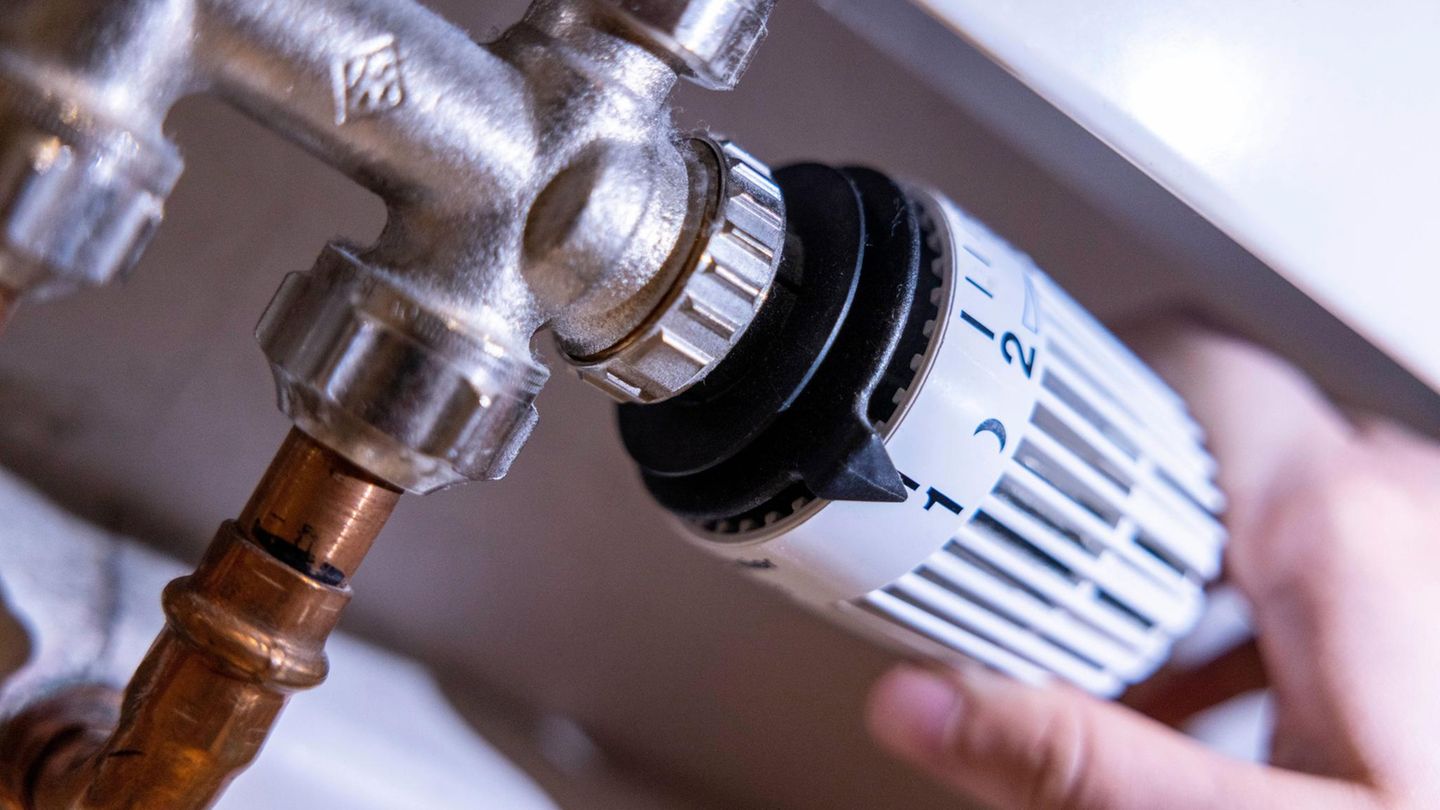Baby swimming is a practice that grows day by day in the metropolitan area of Buenos Aires (AMBA). This activity is much more than a sport. It is a powerful tool for the development of children, which provides them with valuable life skills. The objective of the practice is that the little ones lose their fear of water. Babies can participate from three months and older.
In this summer season, the activity grew exponentially being a boom mainly in the northern part of Greater Buenos Aires. The peculiarity is that this activity begins to be a trend in family homes, with home classes, either individually or in a group. More and more families are looking for their children to learn to swim before life.
“Today there is more awareness, at the health level and physical state. Fitness and good food has its prominence, even in babies and small children. There are more pools and aquatic activities, that leads to families to decide that the smallest take classes. In general, parents feel safer, knowing that their children know how to swim”; Mariana Cabezas assured, a professor specialized in babies and children, who remarked that almost every day his agenda is occupied with classes for children in private homes. She recommends starting the activity from 3 or 4 months, as long as you have the approval of the pediatrician.
The average age of children varies between 7.8, 9 or 10 months. There the babies are active the gothic closure reflex. Said in babies less than one year is a protection mechanism that avoids the aspiration of liquids or solids in the airways. It works through the involuntary closure of the glottis (structure in the larynx) when something stimulates it, as liquids that enter the pharynx unexpectedly. The specialist, she advises is good to “raise awareness among parents that it is good to start before 7 months. This reflection is one of the reasons why babies can retain underwater breathing naturally during their first months. However, over time, this reflection decreases and must be replaced by a conscious learning of respiratory control.”
Swimming is the ideal sport to practice it as a child because it has multiple benefits for its physical, social and psychological development. In addition, it allows children to improve their balance, their coordination and their knowledge of space.
“This summer there was the peculiarity that several times moms gathered with their babies and we put together groups. The usual thing is that the classes are taken individually. At least it is so in those early ages. Then at the age of 3 or 4, it is already more feasible Heads, who highlights that the classes of the little ones last 30 minutes.
Like all learning, the best age to start swimming is small. For its muscle and motor development, water resistance strengthens muscles and improves coordination, gives greater flexibility and balance, since water movements improve stability and body control, improving immune capacity and stimulating the neuromuscular system.
For heads, 30 or 40 years ago, I knew how to swim the one, it was not a necessity, either, since not everyone had a pool. “Everything was much more rudimentally. The myth of” throwing you into the water “was created and you were swimming. Today it is done with another care and dedication. There are methods and schools that teach them, and it is also recommended by specialists.”
It should be noted that there are also psychological and emotional benefits, since it provides greater security and trust, reduces stress and anxiety and strengthens the affective bond with parents.
That is why early swimming is a powerful tool for the development of children, which provides them with valuable life skills. Better adaptation to new environments and social skills development, since, by sharing with other babies, they begin to interact and improve their communication.
It is worth mentioning the long -term benefits, since it provides greater ease to learn other sports, lose fears and phobias to water and improve physical health in the future.
“Swimming in babies is a complete activity that not only strengthens your body, but also enhances its cognitive and emotional development, creating solid bases for its growth. It is an investment in its well -being,” added Mariana Cabezas.
The role of parents in children’s swimming. Parents play a fundamental role in the aquatic experience of babies and children. Its presence not only provides security and trust, but also strengthens the affective bond and encourages positive learning.
“The closeness of the parents allows the baby to feel protected in a new environment. His presence reduces anxiety and fear of water. Yes, the father or mother shows tranquility, the baby imitates that attitude,” said the specialist.
For her, parents guide, but leave space for the child to experience by himself. They favor the development of independence in water and other areas of their life. They learn to trust their child’s abilities without overprotecting him. “Learn to swim as a mechanism to break fears at all levels,” he said.
“Parents are the emotional basis of water learning, and swimming is much more than a physical skill: it is a personal growth tool. It teaches children to face the unknown, to trust themselves and to develop a brave and adaptable spirit before any challenge of life,” said heads.
Source: Ambito
I am an author and journalist who has worked in the entertainment industry for over a decade. I currently work as a news editor at a major news website, and my focus is on covering the latest trends in entertainment. I also write occasional pieces for other outlets, and have authored two books about the entertainment industry.




